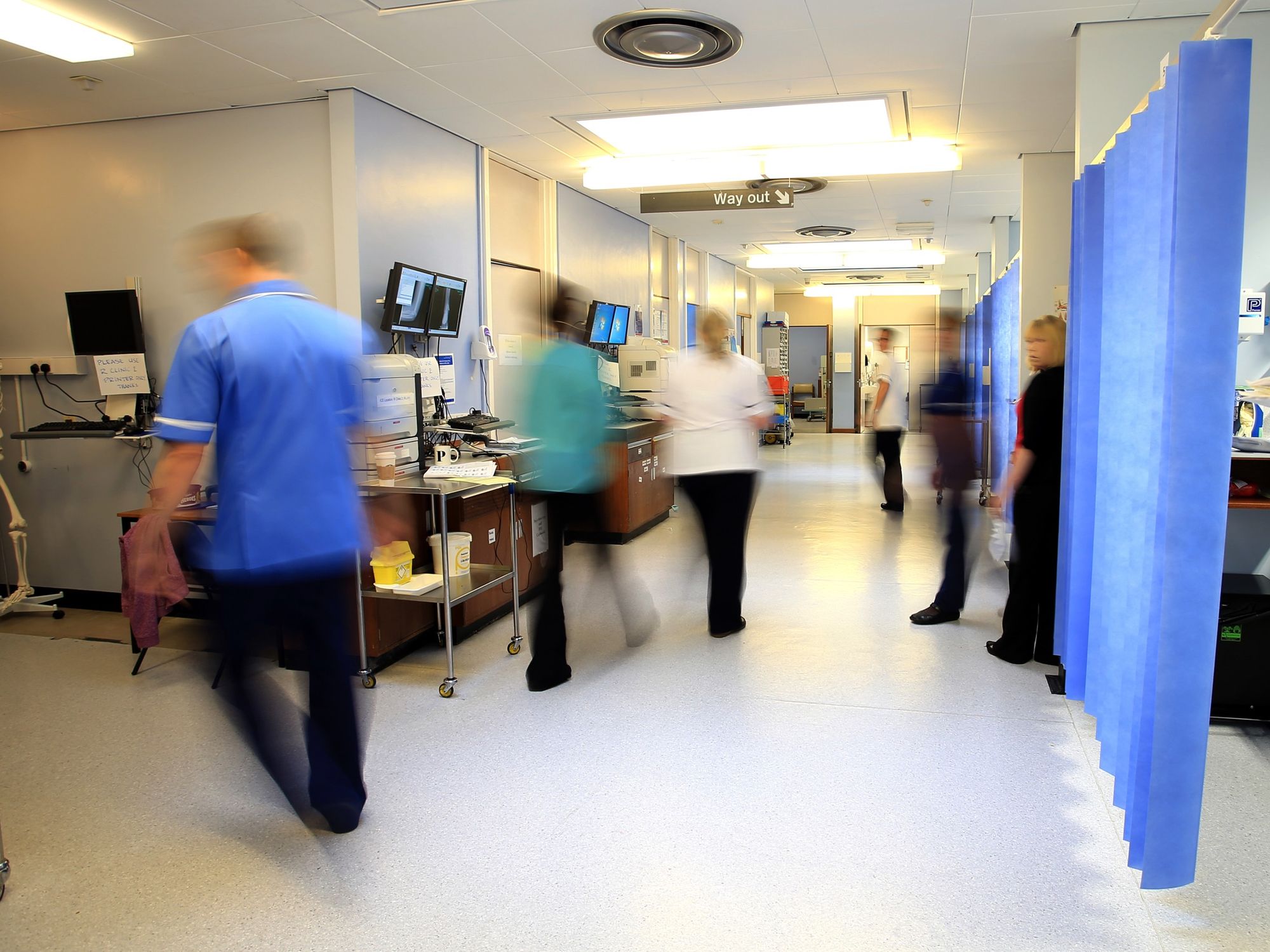Longevity: Reduce risk of an early death by prioritising a food group in your diet, study says
How to live longer: Expert shares secret of 'a long and happy life' with GB News
|GB NEWS
Potassium-rich options should be prioritised more frequently in diets to live a healthier life, research indicates
Don't Miss
Most Read
Incorporating foods high in potassium into your diet could lower your chances of developing heart conditions by nearly a quarter, new findings suggest.
The comprehensive study examined 1,200 cardiac patients and subsequently discovered that those who consumed more potassium-rich foods experienced a 24 per cent drop in cardiovascular problems, hospital admissions and mortality rates.
Foods such as avocados, bananas and spinach emerged as particularly beneficial options, which was unveiled at the European Society of Cardiology congress in Madrid.
The trial divided participants, all of whom had implantable cardioverter defibrillators (ICDs), into two groups. Half received guidance on increasing their potassium consumption through dietary changes.

Foods such as avocados and spinach are rich in potassium
|GETTY
Those who successfully elevated their blood potassium levels experienced significantly better outcomes overall.
From the study, the intervention group showed a marked decrease in cardiac events, reduced need for hospitalisation and lower mortality rates.
Scientists provided participants with comprehensive food lists emphasising vegetables like white beets, beetroot and cabbage.
Such a dietary approach imitates that of Denmark's established nutritional guidelines, focusing on naturally potassium-rich options rather than processed alternatives.
LATEST DEVELOPMENTS
The dramatic transformation in human dietary patterns over time has created a concerning imbalance, according to Prof Henning Bundgaard from Copenhagen University hospital.
"The human body evolved on a potassium-rich, sodium-poor diet when we were born and raised on the savannah and eating [fruit and vegetables]," he explained.
Modern food processing has reversed this natural ratio catastrophically. Where our ancestors consumed potassium and sodium in a 10:1 ratio, contemporary diets have shifted to 1:2, favouring an overwhelming amount of salt.
"We [now] tend to go to [a] modern diet that is processed foods and, the more processed, we see more and more sodium in the food and less potassium," Prof Bundgaard pointed out.

Bananas are known to be a good source of potassium
|GETTY
Health professionals encourage obtaining potassium through natural food sources rather than artificial supplements. Dr Carrie Ruxton, a dietitian, highlighted that, while salt reduction receives widespread attention, potassium's importance remains underappreciated.
"We can do more individually to boost our potassium intakes by eating more fruit, vegetables and fish. Fruit juices are particularly rich in potassium.
"Other key foods are spinach, lima beans, baked potato, yoghurt, banana and tuna," she listed.
"Don't be tempted to try to increase your potassium intake with supplements unless supervised by your doctor, as ending up with too high a potassium level is dangerous for example it can cause cardiac arrest," Dr Sonya Babu-Narayan warned.










